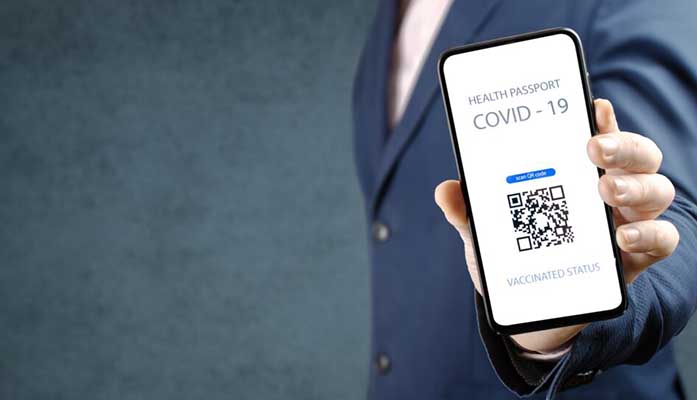By Corinne Murdock |
Last Friday, Congresswoman Debbie Lesko (R-AZ-08) joined a letter asking Centers for Disease Control and Prevention (CDC) Director Rochelle Walensky what legal authority her agency had to purchase Americans’ location data.
The CDC reportedly shelled out $420,000 for one year of phone data from at least 20 million Americans’ phones. The CDC’s transaction and its purposes were exposed through documents obtained by VICE through open records requests.
The CDC documents outlined plans to use the data to not only track COVID-19 curfew and quarantine compliance but visits to places of worship, K-12 schools, pharmacies, neighbors, parks, gyms, weight management companies, grocery stores; as well as the movements of Navajo Nation peoples, K-12 bus route users, and college students, to name a few. According to the documents, the CDC purchased the geotracking data from the controversial data broker SafeGraph. In doing so, the CDC relied on the same type of data currently being scrutinized for its use to track potential ballot harvesters, or “mules,” as highlighted in the controversial documentary “2000 Mules.”
Lesko joined 18 other legislators led by Congressman Kelly Armstrong (R-ND) to demand answers from the CDC. They expressed concern over the legality of the CDC surveilling Americans, citing a 2018 Supreme Court ruling that determined that mobile location information fell within a reasonable expectation of privacy.
“This violates the rights of Americans!” tweeted Lesko.
The congressman asked the CDC to explain what legal authority they had to acquire location data (especially concerning places of worship and its relation to the First Amendment), whether they obtained legal advice in order to do so, and whether they informed Congress of their intent to do so; if they’d requested Congress within the last five years to enact legislation specifically authorizing the purchase or acquisition of location data; what specific appropriation line item funded the purchase of the location data, and if they conducted an internal review to ascertain the compliance of their purchase; what form they purchased the data and if it included any personally identifiable information or it was in an aggregate, anonymous form; whether the data had been deleted or was being repurposed for other uses; what conclusions, analyses, or other methods were the results of their data acquisition; whether this was the only instance of them purchasing location data; who decided to purchase the data; and who has access to the data.
This wasn’t the first time that the CDC relied on SafeGraph. Throughout the 2020, they relied on SafeGraph information to conduct their reports on Americans’ compliance with stay-at-home orders. According to the documents obtained by Vice, the CDC continued relying on SafeGraph’s public data until the company no longer provided their data for free last March.
Corinne Murdock is a reporter for AZ Free News. Follow her latest on Twitter, or email tips to corinne@azfreenews.com.








